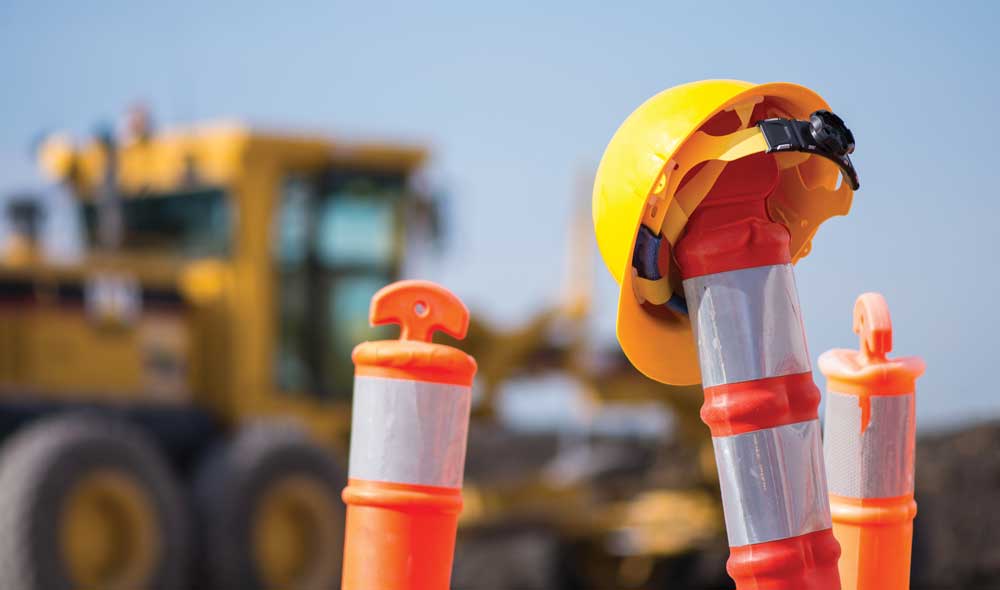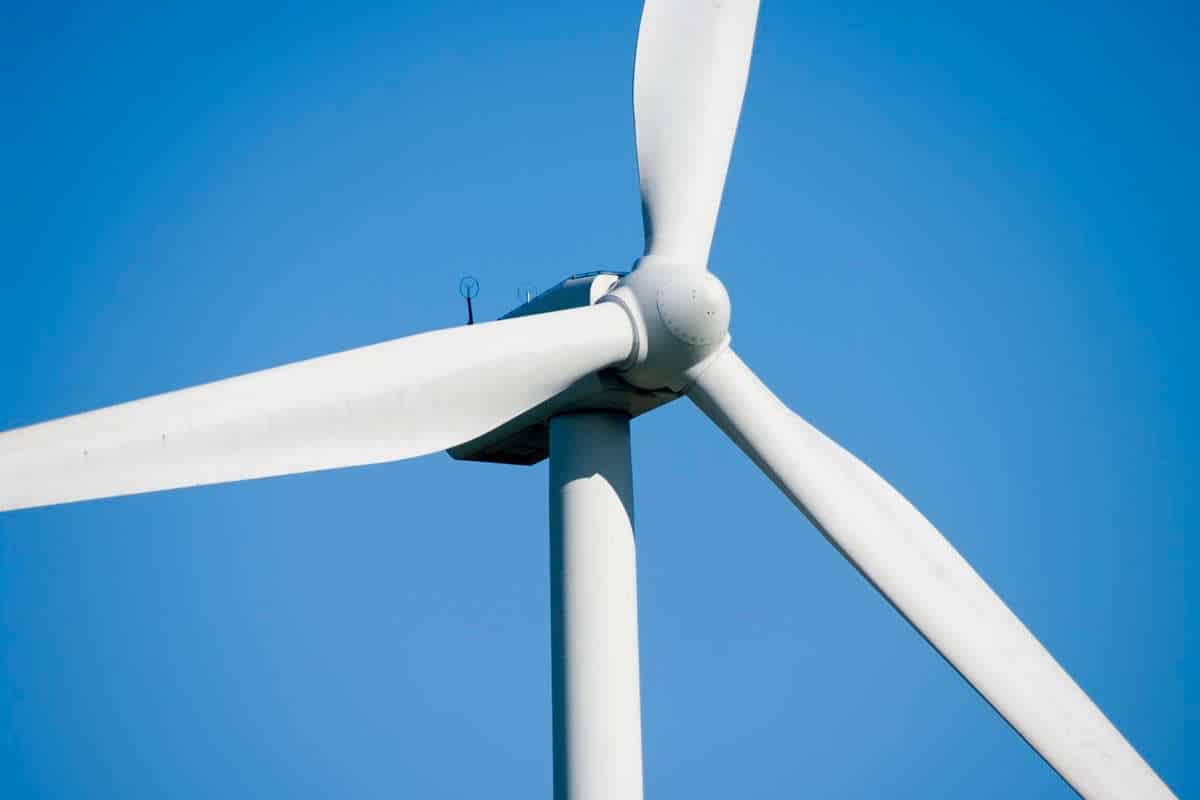Congress Gears Up for Infrastructure

The HTF is set to run out of its reserves in 2021, which would cripple states’ ability to carry out highway construction projects.
After putting an end to the longest government shutdown in modern history, lawmakers are finally starting to turn their attention to infrastructure. While talks are just now getting underway, we can expect to see things pick up quickly. Recent congressional hearings and other discussion on these issues offer some insight into what Congress may do as part of infrastructure legislation and how we can position our industry for success.
President Trump kicked off the most recent round of infrastructure activity with his State of the Union Address on Feb. 5, 2019. During his 82-minute, 5,250-word speech, the president called on lawmakers from both parties to “unite for a great rebuilding of America’s crumbling infrastructure.” It is encouraging that the president still sees this issue as a priority and wanted to highlight it on a national stage. Even though President Trump dedicated only a few short words to this topic, this may not be a bad thing.
In fact, some lawmakers think that the president’s relatively hands-off approach means that they will have more freedom to craft a package. The president’s previous infrastructure blueprint did not gain any traction at all in Congress, so it could be that a fresh start is a good thing. Both the House and Senate recently held hearings to examine the needs in our nation’s infrastructure.
Highway Trust Fund
During the House Transportation and Infrastructure Committee’s hearing on Feb. 7, there was broad agreement that something must be done to address the impending shortfall in the Highway Trust Fund (HTF), even if there wasn’t agreement on the specifics of how this should be accomplished. The HTF is set to run out of its reserves in 2021, which would cripple states’ ability to carry out highway construction projects.
To solve this issue, Chairman Peter DeFazio (D-OR) voiced his support for an increase in the gas tax. The federal gas tax has not been increased since 1993 when it was set to 18.4 cents per gallon. As vehicles have become more fuel efficient, or transitioned to hybrid or electric engines, there are diminishing returns for the gas tax.
Ranking Member Sam Graves (R-MO) did not directly discuss the gas tax, but instead voiced his support for a transition to a vehicle miles traveled tax (VMT). While he did not address the specifics of how such a program would be implemented, Ranking Members Graves believes that a VMT is a way to truly assess a “user pays” system and a way to address the declining returns of the gas tax.
Even Mark Meadows (R-NC), who leads the conservative House Freedom Caucus, did not explicitly dismiss the idea of finding new funding for infrastructure. Instead, he said that if Congress is going to take a tough vote to raise funds, they should “go bold” and find a long-term solution to these issues.
In the Senate, the Commerce, Science and Transportation Committee also held a hearing to examine the needs in our transportation infrastructure. Again, lawmakers and witnesses were interested in finding a way to fund the HTF. Witnesses from the trucking industry, railroads, ports and labor unions were generally supportive of an increase to the federal gas tax and also expressed openness to examining a VMT. At the same time, lawmakers were not as enthusiastic as their House counterparts about raising taxes. For example, Commerce Committee Chairman Roger Wicker (R-MS) did not explicitly voice support for any funding, and Sen. Mike Lee (R-UT) expressed his reservations about increasing the gas tax.
Water Infrastructure
During the House’s hearing, Water Resources and Environment Subcommittee Chairwoman Grace Napolitano (D-TX) highlighted the necessity to address clean water needs, and in particular, the need to reauthorize the Clean Water State Revolving Fund (CWSRF) program. The authorization for this program expired over 30 years ago, and appropriations to the program have remained mostly flat in recent years. This program will play an important role in updating aging water systems.
Witnesses also spoke to our nation’s water needs. Angela Lee, the Director of Charlotte Water, acted as a witness representing the Water Environment Federation and National Association of Clean Water Agencies. She highlighted recent studies that showed significant public support for improvements to water infrastructure and also urged Congress to take action on the CWSRF program.
Outlook
Although it is still early in the year, the path forward on infrastructure is starting to come into focus. It seems clear that lawmakers want to, at the very least, address the HTF and a reauthorization of surface transportation programs. It will be our goal to push lawmakers to go big and address other infrastructure needs.
If there is going to be a big package that includes a broader range of infrastructure, like drinking water and wastewater systems, the momentum will need to come from the Democrat controlled House which is more likely to act on a bigger package with a larger price tag. The Senate, where Republicans are still in control, is not likely to take the lead on costly legislation.
NUCA will be pressing lawmakers to take action on infrastructure that is critical to our industry, and our 2019 Washington Summit will be an important part of these efforts. Members of Congress want to hear from their constituents about issues, and the Summit is an excellent way to inform them of the nation’s underground infrastructure needs and how they can take action. The more chatter and support we can generate for our issues, the more likely they are to be included. Because infrastructure will be such an important topic in the coming months, I hope that all NUCA members will consider joining us in Washington.
Tags: Congress, Infrastructure, Inside Washington, March/April 2019 Print IssueBryce Mongeon is Director of Government Relations for the National Utility Contractors Association (NUCA).




